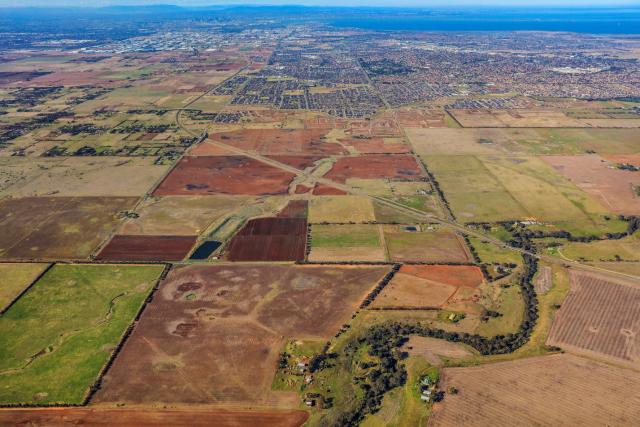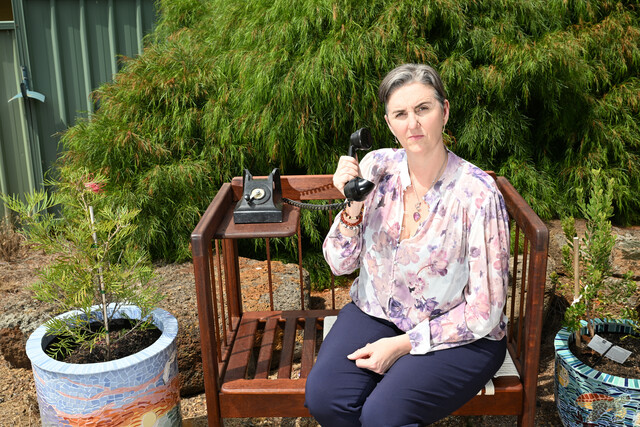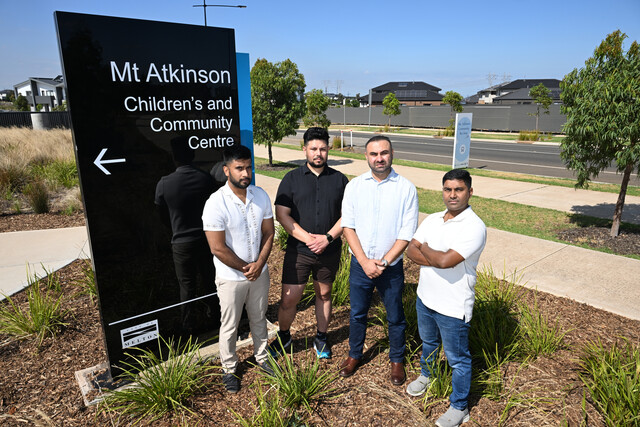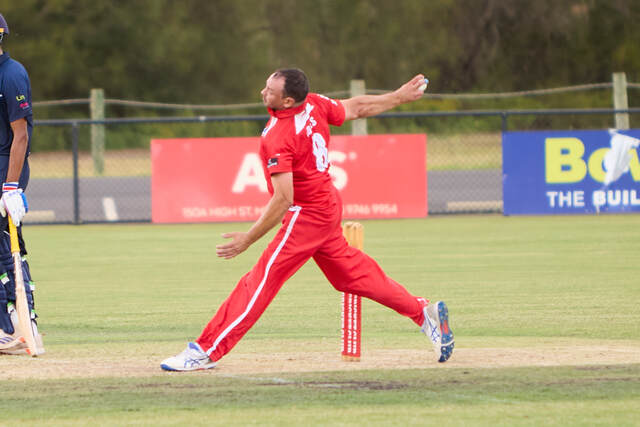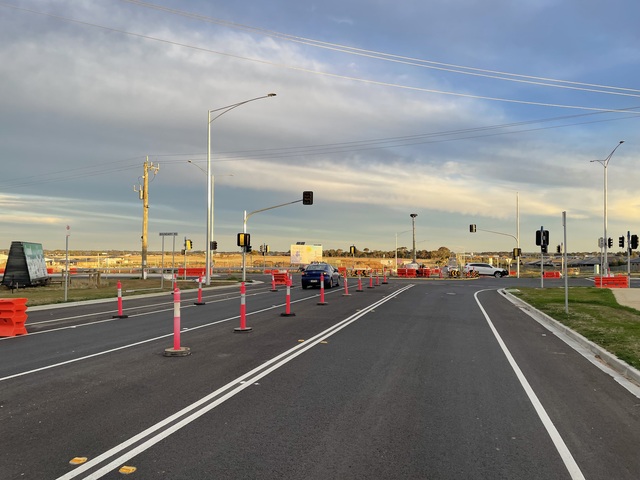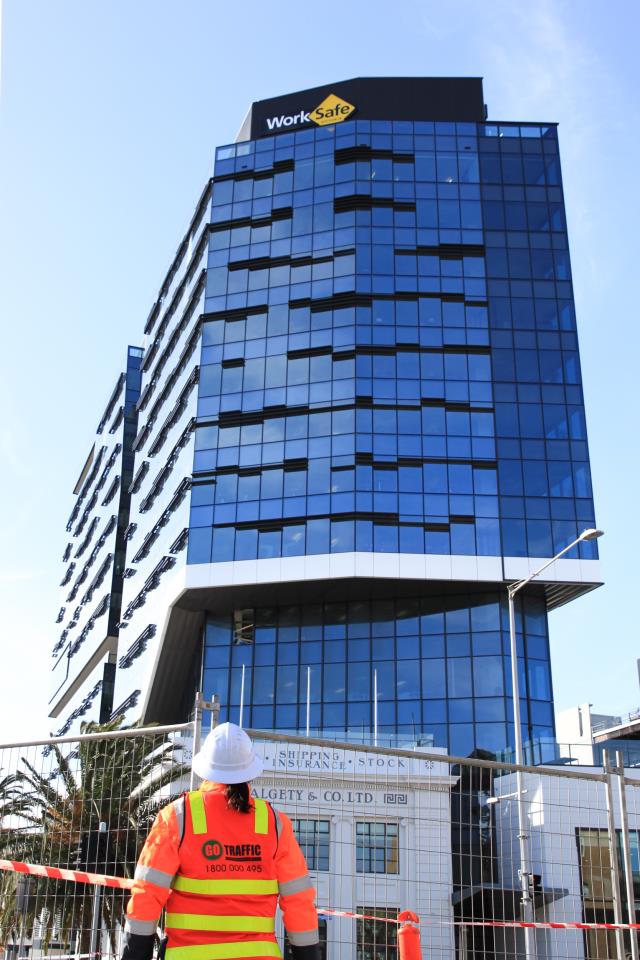Melbourne’s growth areas, including Melton, will benefit from a new $150 million round of funding through contributions from property developers.
Developers will contribute to infrastructure projects in Melbourne’s growth suburbs – Melton, Wyndham, Hume, Whittlesea, Mitchell, Casey and Cardinia – through the Growth Areas Infrastructure Contribution (GAIC) funding, helping to fund roads and public transport services, school upgrades, health and community facilities, sport and recreation facilities and open spaces.
The new $150 million GAIC round will focus primarily on transport, like buses, services, stations, interchanges, intersections, roads, bike paths and walking paths, the state government said.
Submissions will open later this year.
The funding comes as Premier Jacinta Allan announced that the government’s Housing Affordability Partnership –the Property Council of Australia, Urban Development Institute of Australia, Housing Industry Association, Master Builders Victoria and Assemble – will form a working group to review infrastructure contributions across the state.
The group will look at models for change and will report back in March 2025 with options that help Victoria’s suburbs grow sustainably, with community infrastructure delivered alongside new housing projects.
Peri Urban Councils Victoria (PUCV) – of which Moorabool council is a member – welcomed the a review.
PUCV spokesperson and Baw Baw council chief executive Mark Dupe said peri urban councils were experiencing funding gaps, which he hoped the review would address.
“As towns and cities change rapidly and councils aim to appropriately plan for housing, township character, open spaces, transport and more, planning processes are simply not keeping pace. The current system is not fit for purpose and is making the task of addressing the housing crisis a challenge,” he said.
“Peri Urban Councils Victoria are willing to play our part in addressing Victoria’s housing crisis and our members are supportive of the housing targets set by the state government.
“Various infrastructure contribution schemes such as developer contribution plans or Section 173 agreements however are creating large funding gaps which is a risk to peri urban council’s ongoing financial sustainability and the future liveability of our communities.
“Peri urban councils have smaller rate bases, limited borrowing capacity and more responsibility for essential infrastructure, challenges that metropolitan councils do not have.
“Yet, Peri Urban Council Victoria members are expected to need an additional 70,000 houses in the next 15 years which will become homes for about 180,000 new residents. This means growing our current communities by as much as 50 per cent.
“We have a forecasted an immediate need of $230 million for essential infrastructure like drainage, utilities and roads alone to enable 40,000 new homes to be built.”

